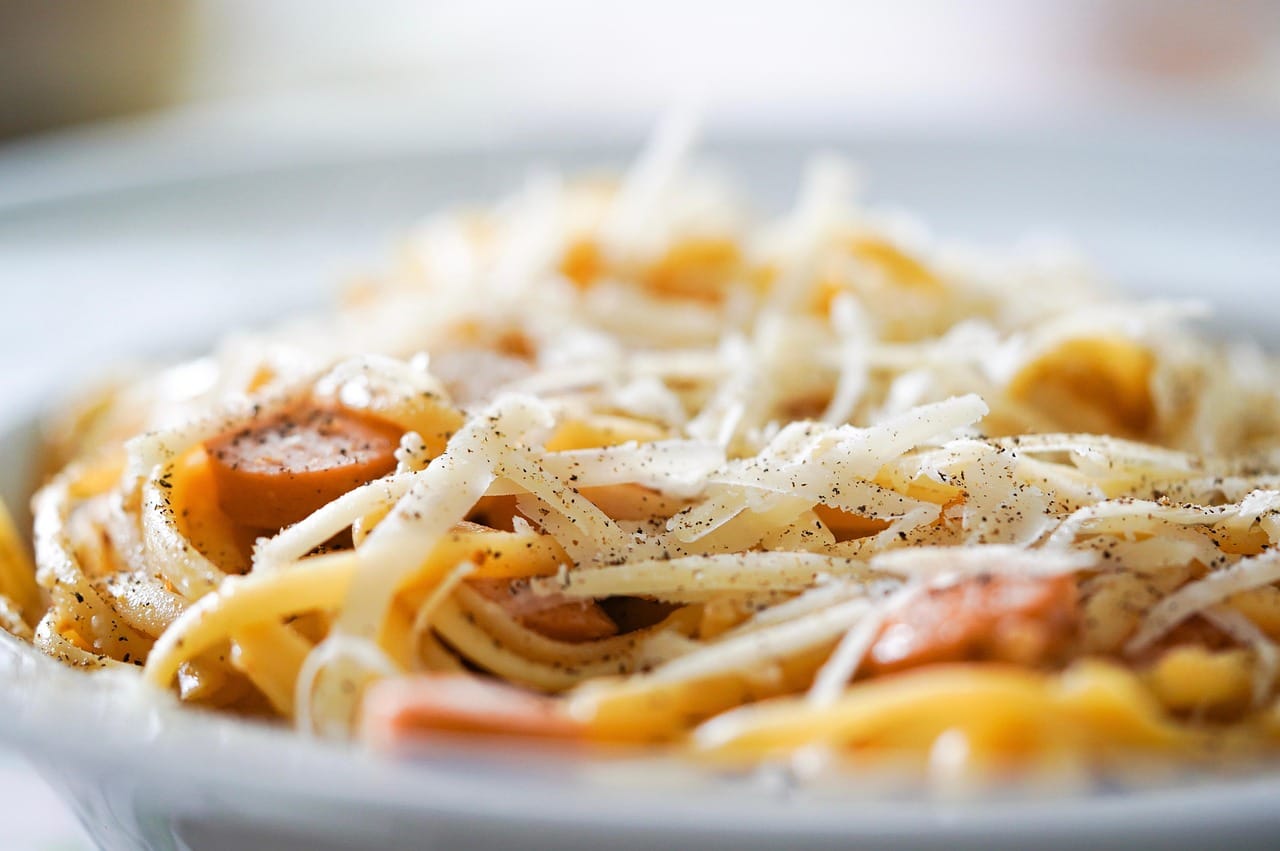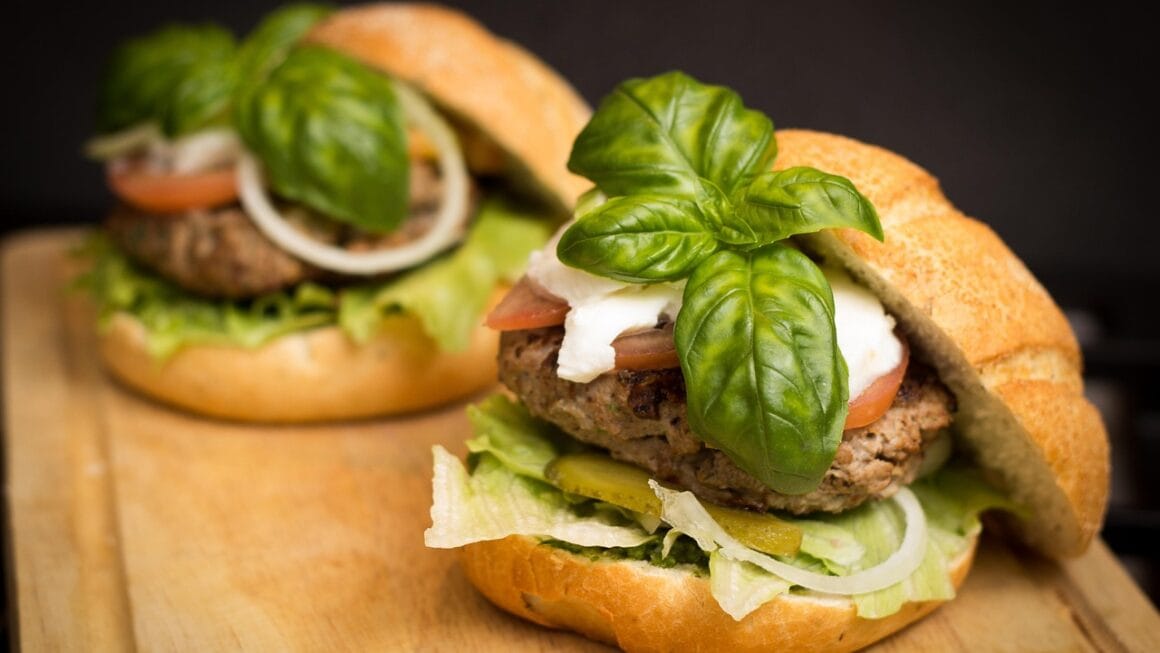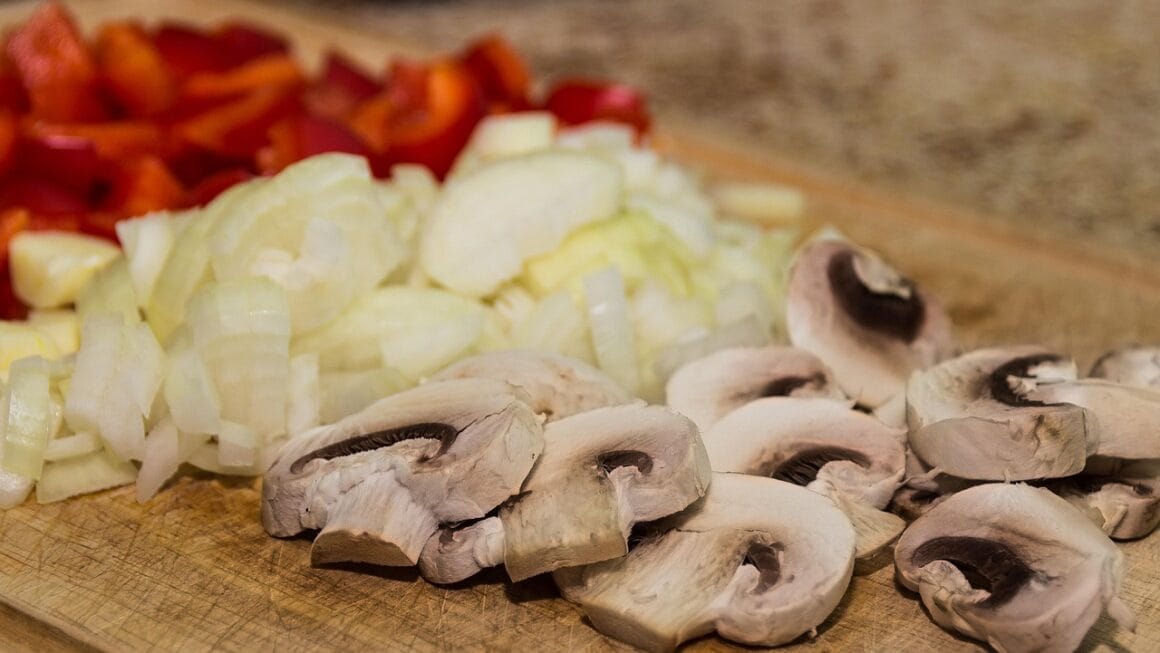Imagine stepping into a vibrant kitchen, the aroma of herbs and spices swirling in the air, ready to embark on a culinary adventure. Whether you’re a complete beginner or a seasoned home cook looking to refine your skills, cooking classes offer a fantastic opportunity to learn new techniques, expand your palate, and connect with fellow food enthusiasts. This article delves into the world of cooking classes, exploring their diverse offerings and highlighting the numerous benefits they provide.
Why Take a Cooking Class?
Skill Development and Confidence Boost
Cooking classes offer a structured environment to learn essential cooking skills. Forget relying solely on online recipes – you’ll receive hands-on instruction from experienced chefs who can guide you through each step of the process.
- Learn knife skills, from basic chopping to advanced techniques like julienning and dicing.
- Master cooking methods like sautéing, roasting, grilling, and braising.
- Understand the science behind cooking, such as how heat affects different ingredients.
- Gain confidence in your abilities, enabling you to experiment and create your own recipes.
A practical example is learning how to make a classic French omelet. A cooking class will demonstrate the proper technique for whisking eggs, heating the pan, and folding the omelet to achieve that perfect, creamy texture.
Expanding Your Culinary Horizons
Tired of making the same dishes week after week? Cooking classes expose you to new cuisines, ingredients, and flavors. From Italian pasta making to Thai curries and Japanese sushi, the possibilities are endless.
- Discover exotic spices and ingredients you may have never encountered before.
- Learn the nuances of different cuisines, including regional variations and traditional cooking methods.
- Expand your palate and develop a greater appreciation for food.
- Add exciting new dishes to your repertoire.
Many cooking schools offer themed classes focusing on specific cuisines, such as “Authentic Italian Pasta Making” or “Spicy Thai Street Food.” These classes provide a deep dive into the ingredients and techniques that define each cuisine.
Social Interaction and Community
Cooking classes are a great way to meet new people who share your passion for food. They provide a social environment where you can learn, share ideas, and build connections.
- Connect with like-minded individuals who enjoy cooking and eating.
- Share recipes, tips, and experiences with fellow classmates.
- Work collaboratively in a team environment to prepare dishes.
- Forge lasting friendships with people who share your interests.
Many classes culminate in a shared meal, providing an opportunity to savor the dishes you’ve created together and celebrate your accomplishments.
Types of Cooking Classes Available
Cuisine-Specific Classes
These classes focus on a particular cuisine, such as Italian, French, Thai, Indian, or Mexican. They provide a comprehensive introduction to the ingredients, techniques, and dishes that define each cuisine.
- Italian: Learn to make fresh pasta, sauces, and regional specialties like risotto and osso buco.
- French: Master classic techniques like making sauces, soufflés, and pastries.
- Thai: Discover the secrets of balancing sweet, sour, salty, and spicy flavors in dishes like pad thai and green curry.
- Indian: Explore the diverse world of Indian cuisine, from flavorful curries to tandoori dishes and vegetarian specialties.
A popular example is a “Sushi Making 101” class, where participants learn how to prepare sushi rice, select fresh fish, and create different types of rolls.
Skill-Based Classes
These classes focus on specific cooking skills or techniques, such as knife skills, baking, cake decorating, or sauce making. They are ideal for those who want to improve their technical abilities in the kitchen.
- Knife Skills: Learn how to properly hold and use a knife, as well as different cutting techniques for various vegetables and meats.
- Baking: Master the art of baking bread, cakes, cookies, and pastries.
- Cake Decorating: Learn how to frost, pipe, and decorate cakes with various techniques and designs.
- Sauce Making: Discover the secrets of creating flavorful sauces, from basic tomato sauce to complex reductions and emulsions.
An example would be a “Bread Baking Basics” class, which teaches participants how to make different types of bread from scratch, including sourdough, whole wheat, and baguette.
Specialty Classes
These classes cover a wide range of topics, such as vegetarian cooking, vegan baking, healthy eating, cooking for specific dietary needs, or using specific kitchen equipment.
- Vegetarian Cooking: Learn how to prepare delicious and nutritious vegetarian meals using fresh, seasonal ingredients.
- Vegan Baking: Discover how to bake delicious vegan cakes, cookies, and pastries without using animal products.
- Healthy Eating: Learn how to cook healthy and balanced meals that are both delicious and good for you.
- Using Specific Kitchen Equipment: Master the use of appliances like Instant Pots, air fryers, or sous vide machines.
For example, a class on “Cooking with an Instant Pot” could teach participants how to make quick and easy meals using this popular kitchen appliance.
Choosing the Right Cooking Class
Consider Your Skill Level and Interests
Before signing up for a cooking class, it’s important to assess your current skill level and identify your culinary interests. Are you a complete beginner, or do you have some experience in the kitchen? What types of cuisines or cooking techniques are you most interested in learning?
- Beginner Classes: These classes are designed for those with little to no cooking experience. They cover basic skills and techniques in a relaxed and supportive environment.
- Intermediate Classes: These classes are suitable for those who have some cooking experience and want to improve their skills and learn more advanced techniques.
- Advanced Classes: These classes are designed for experienced cooks who want to master specific techniques or explore complex cuisines.
If you’re a beginner interested in Italian food, a “Basic Italian Cooking” class would be a good starting point. If you’re an experienced cook looking to master pastry techniques, an “Advanced Pastry Making” class would be more appropriate.
Read Reviews and Check Credentials
Before signing up for a cooking class, it’s always a good idea to read reviews from previous participants and check the credentials of the instructor. This will help you get a sense of the quality of the class and the instructor’s expertise.
- Online Reviews: Check websites like Yelp, Google Reviews, and TripAdvisor for reviews of cooking schools and instructors.
- Instructor Credentials: Look for instructors who have formal culinary training or extensive experience in the food industry.
- Sample Menus: Check to see if the cooking school provides sample menus or recipes from previous classes.
For example, if you’re considering a sushi-making class, look for an instructor who has experience working as a sushi chef or has completed specialized training in sushi preparation.
Check the Class Format and Duration
Cooking classes can vary in format and duration. Some classes are hands-on, while others are demonstration-based. Some classes are short and focused, while others are longer and more comprehensive.
- Hands-On Classes: In these classes, participants actively participate in the cooking process, preparing dishes under the guidance of the instructor.
- Demonstration Classes: In these classes, the instructor demonstrates the cooking process, while participants observe and take notes.
- Class Duration: Choose a class duration that fits your schedule and learning style. Some classes are a few hours long, while others are multi-day workshops.
If you prefer a more interactive learning experience, a hands-on class is a better choice. If you prefer to learn by observation, a demonstration class might be more suitable.
The Benefits of Cooking Classes Beyond the Kitchen
Improved Health and Nutrition
Cooking classes can empower you to make healthier food choices and improve your overall nutrition. By learning how to prepare meals from scratch, you have greater control over the ingredients and portion sizes.
- Learn how to cook with fresh, whole ingredients.
- Reduce your reliance on processed foods and takeout.
- Control the amount of salt, sugar, and fat in your meals.
- Experiment with healthy recipes and cooking techniques.
For instance, a healthy cooking class might focus on preparing meals using lean protein, whole grains, and plenty of fruits and vegetables.
Enhanced Creativity and Problem-Solving Skills
Cooking is a creative process that requires problem-solving skills. Cooking classes can help you develop these skills, both in and out of the kitchen.
- Experiment with different flavors and ingredients.
- Learn how to adapt recipes to your own taste preferences.
- Troubleshoot cooking problems and find creative solutions.
- Develop your artistic flair by plating and presenting dishes.
If a recipe calls for an ingredient you don’t have, a cooking class can teach you how to substitute it with something similar, encouraging resourceful thinking.
Stress Relief and Mindfulness
Cooking can be a therapeutic and stress-relieving activity. The act of chopping vegetables, stirring sauces, and creating something delicious can be a form of mindfulness.
- Focus on the present moment and engage your senses.
- Relieve stress and anxiety through a creative outlet.
- Disconnect from technology and reconnect with your senses.
- Enjoy the satisfaction of creating something from scratch.
The rhythmic motions of cooking, such as kneading dough or stirring a pot, can be meditative and calming.
Conclusion
Cooking classes are an invaluable investment in your culinary skills and personal well-being. They offer a structured environment to learn new techniques, expand your palate, connect with fellow food enthusiasts, and reap a multitude of benefits that extend far beyond the kitchen. Whether you’re a novice seeking fundamental skills or an experienced cook aiming to refine your expertise, there’s a cooking class tailored to your needs and aspirations. So, roll up your sleeves, don an apron, and embark on a delicious journey of culinary discovery!




